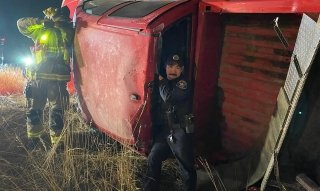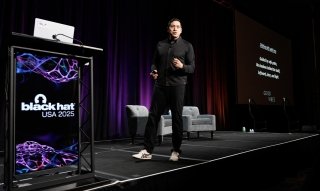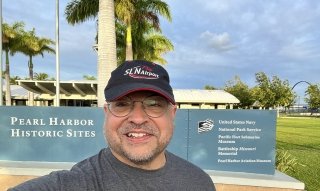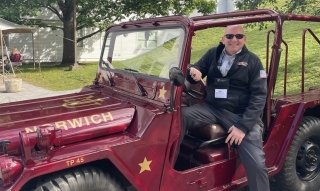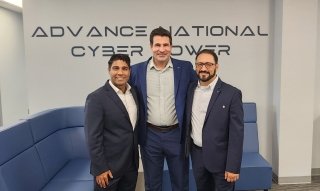Roy Charles Parker Jr.
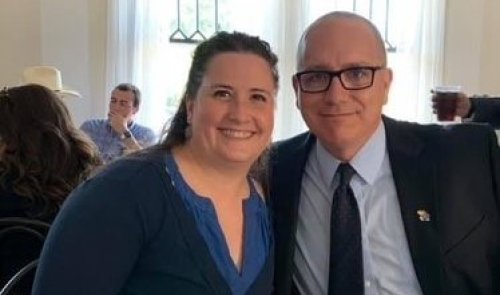
This program allowed me to see the value of studying topics sometimes separated from the twentieth century by a great deal of time and space.
Q: “Tell us about yourself.”
A: “I am a married father of four (three boys and one girl). I have been married for fifteen years. I am passionate about history and film. Since I was seven years old, I have also been an avid collector of comic books.
I was a 19 Delta Cavalry Scout in the U.S. Army for fifteen years. I worked in retail in several brick-and-mortar locations for a while but was unsatisfied with this career. Since October 2018, I have been employed as a government contractor assigned to the Army University Press Films Team at Fort Leavenworth, Kansas. The mission of the firm's team is to teach current Army Doctrine, through the lens of history, to the Army.”
Q: “What was your motivation for pursuing your degree?”
A: “I would like to secure more permanent employment with the federal government and continue to make films for the U.S. Army.”
Q: “Why did you choose Norwich?”
A: “My colleague's recommendations and the program's prestige was a significant factor as to why I chose Norwich’s military history program.”
Q: “Did you have any uncertainties with choosing an online program?”
A: “No. Especially considering that I began this program during the pandemic, the online format made it highly accessible. Additionally, as a parent and full-time employee, ta traditional program would have been challenging logistically.”
Q: “What has been your biggest personal or professional success since starting your degree?"
A: “Improvement in the quality of reading, writing, and analytical abilities, would be the first and most accessible areas of improvement.”
Q: “Please tell us about a time in which you could put your knowledge gained in the classroom to work immediately at your job.”
A: “Three specific instances would be the seminar on non-western military history, the workshop on the concept of total war, and the American way of war. All three of these have given me a much more balanced view of the twentieth century, which has been my primary area of focus. Often scholars of the twentieth century downplay anything that came before, feeling as though everything was shiny and new, and therefore studying the preceding centuries was a waste of time. But the program at Norwich was much more balanced than some of my peers at other institutions. This program allowed me to see the value of studying topics sometimes separated from the twentieth century by a great deal of time and space.”

